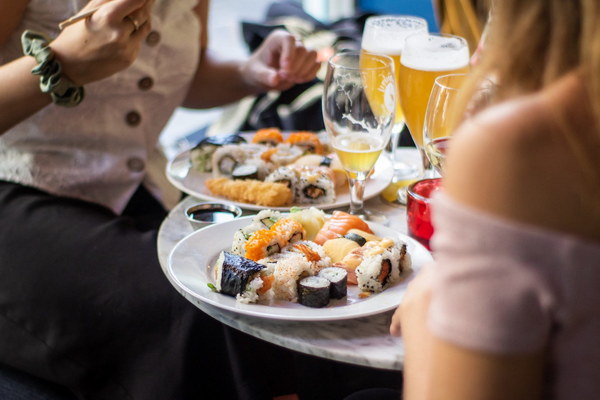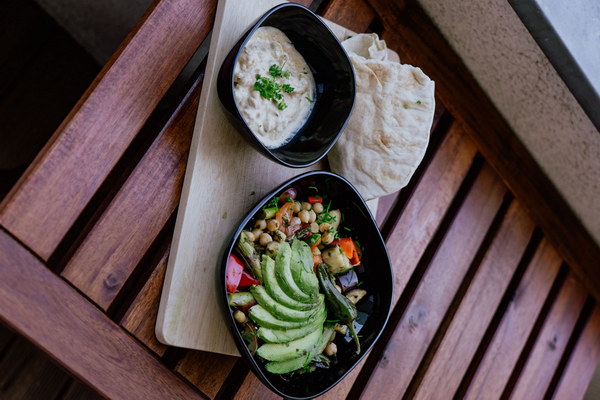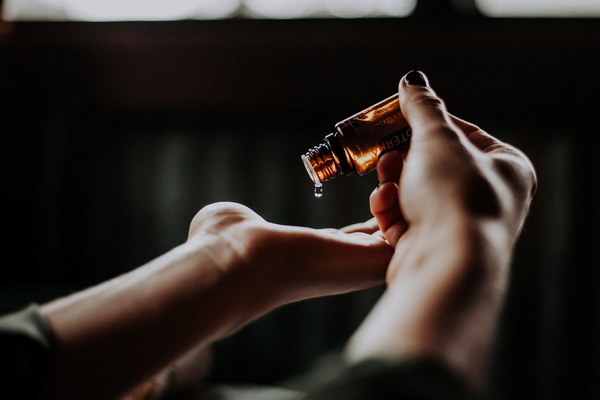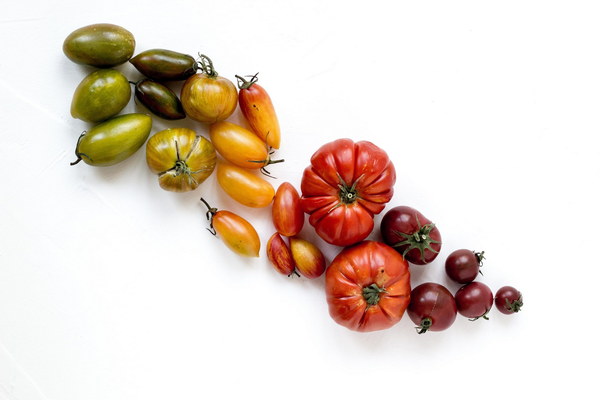The Art of Self-Care Ancient Emperors' Secrets to Physical Well-being
In the annals of history, ancient emperors were revered not only for their political prowess but also for their remarkable longevity. Their ability to maintain physical well-being throughout their reigns was attributed to a sophisticated approach to health and wellness. This article delves into the secrets of ancient emperors' health practices, offering insights into the timeless principles of self-care that can still be applied today.
1. Diet and Nutrition
Ancient emperors were acutely aware of the importance of diet in maintaining their health. They adhered to a balanced diet that included a variety of fruits, vegetables, grains, and meats. They believed in the concept of yin and yang, ensuring that their diet contained a harmonious balance of these opposing forces. Emperors often consulted with royal physicians to tailor their diets to their specific needs, incorporating superfoods and medicinal herbs to enhance their vitality.
One such superfood was goji berries, which were believed to boost the immune system and improve vision. Another was ginseng, known for its rejuvenating properties and ability to boost energy levels. Emperors also consumed fish, poultry, and game meats, ensuring they received a diverse range of nutrients.
2. Exercise and Physical Activity
In addition to a balanced diet, ancient emperors recognized the importance of regular exercise and physical activity in maintaining their health. They engaged in various forms of exercise, including martial arts, yoga, and tai chi, which helped them maintain flexibility, strength, and mental clarity.
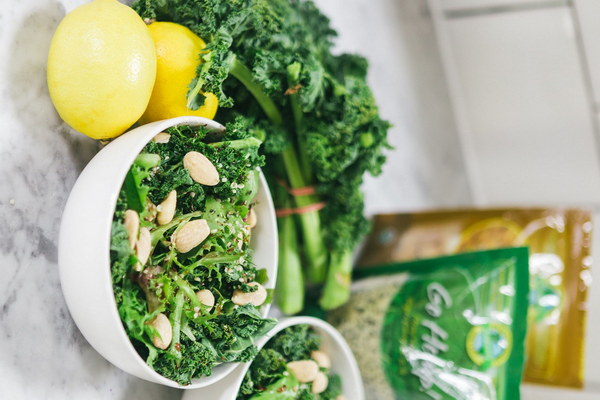
Emperors also valued the therapeutic benefits of massage and acupressure. They believed that these practices helped to relieve tension, improve circulation, and boost their overall well-being. Many emperors had personal masseurs and acupuncturists who were trained to provide these services.
3. Mental and Emotional Well-being
Ancient emperors understood that physical health was just one aspect of overall well-being. They were acutely aware of the importance of mental and emotional balance in maintaining a long and healthy life. They practiced meditation, prayer, and other spiritual disciplines to stay grounded and centered.
Emperors also valued the therapeutic benefits of nature. They often spent time in serene gardens and participated in outdoor activities such as hunting and horseback riding. These activities provided them with a much-needed break from the stresses of their reign and allowed them to connect with the natural world.
4. Sleep and Rest
Ancient emperors recognized that rest and sleep were crucial for their health. They maintained strict schedules, ensuring they got enough sleep each night. They also believed in the power of naps and took short rest periods throughout the day to rejuvenate their bodies and minds.
5. Herbs and Medicinal Remedies
Emperors had access to a wealth of herbs and medicinal remedies that were used to treat various ailments and enhance their health. They consulted with skilled herbalists and physicians who knew the properties and uses of different plants and herbs. These remedies were often incorporated into their diet, as well as used externally for treatments such as poultices and compresses.
Conclusion
The secrets to ancient emperors' health and longevity can be summarized in a few key principles: a balanced diet, regular exercise, mental and emotional well-being, adequate rest, and the use of herbs and medicinal remedies. By incorporating these timeless practices into their daily lives, emperors were able to maintain their health and well-being throughout their reigns. These principles remain relevant today, offering us valuable lessons in self-care and the pursuit of a long and fulfilling life.

